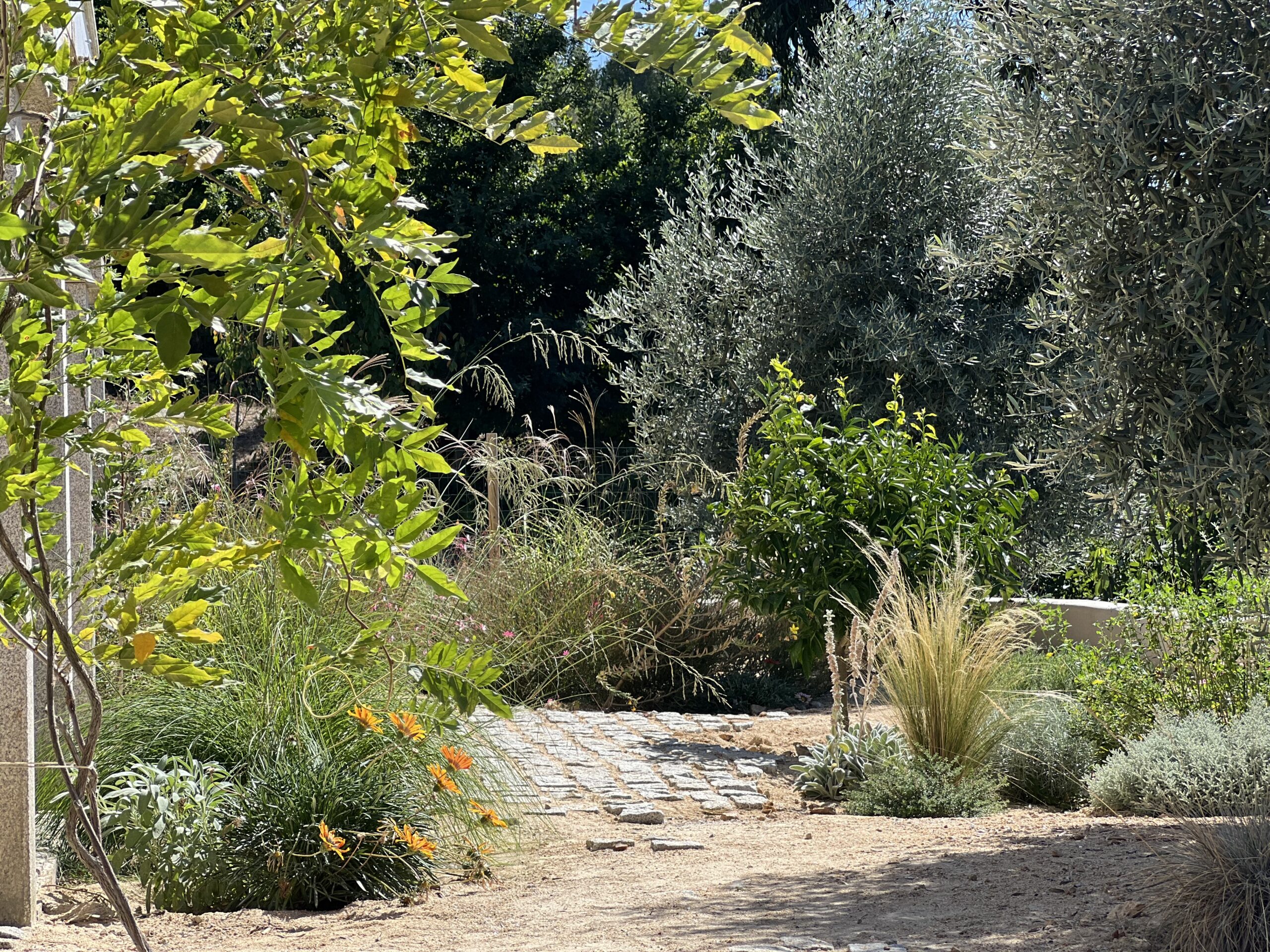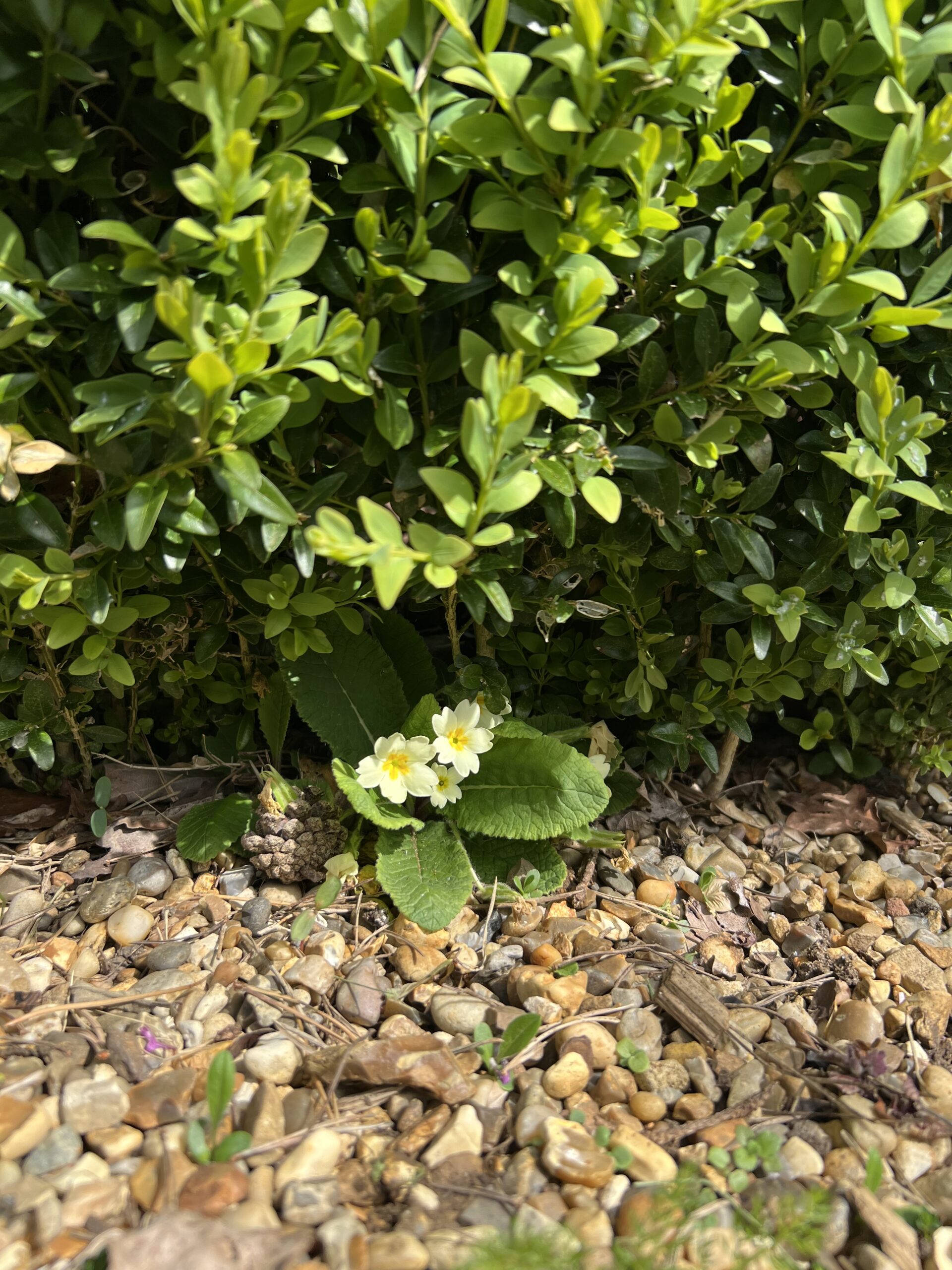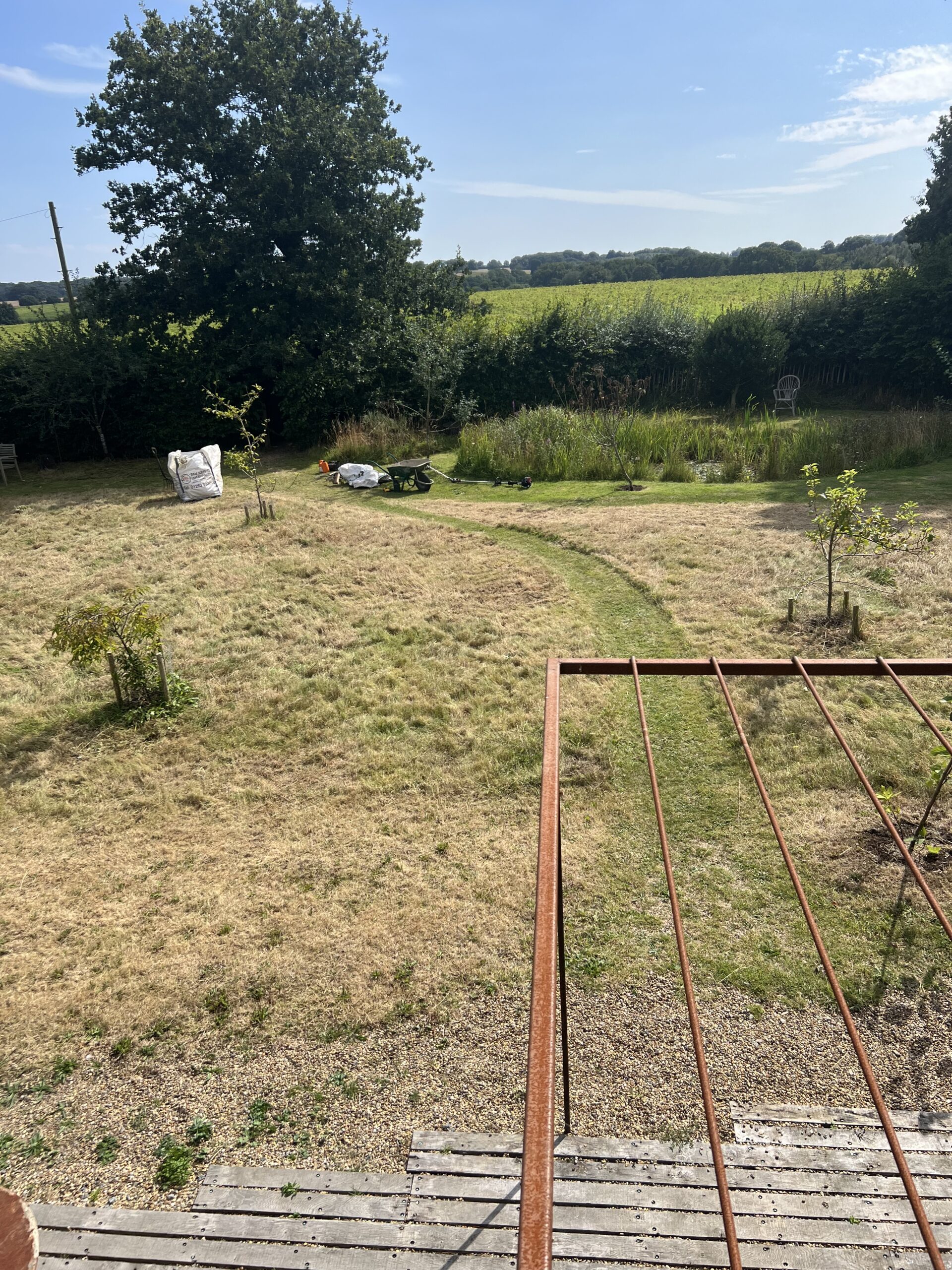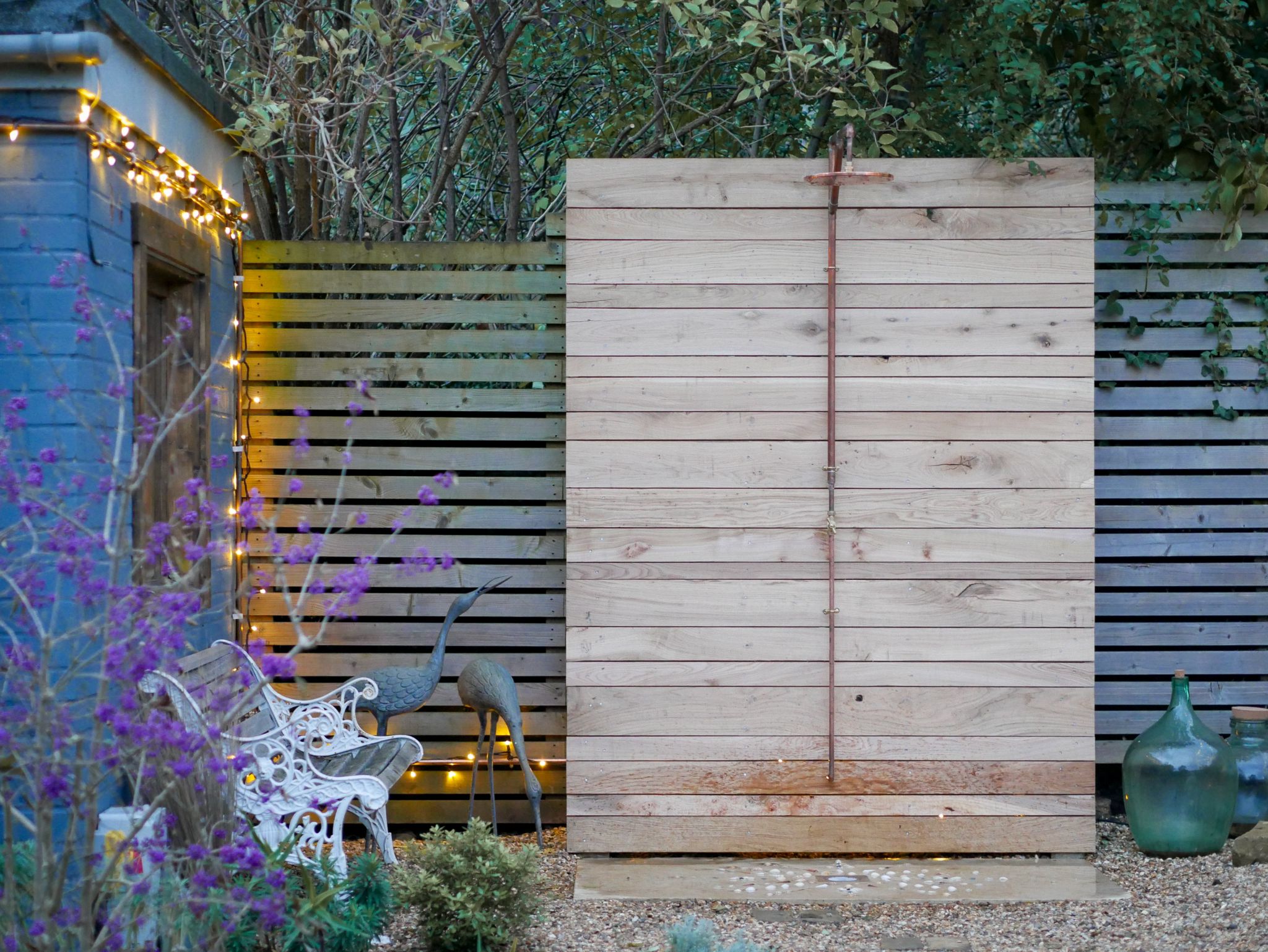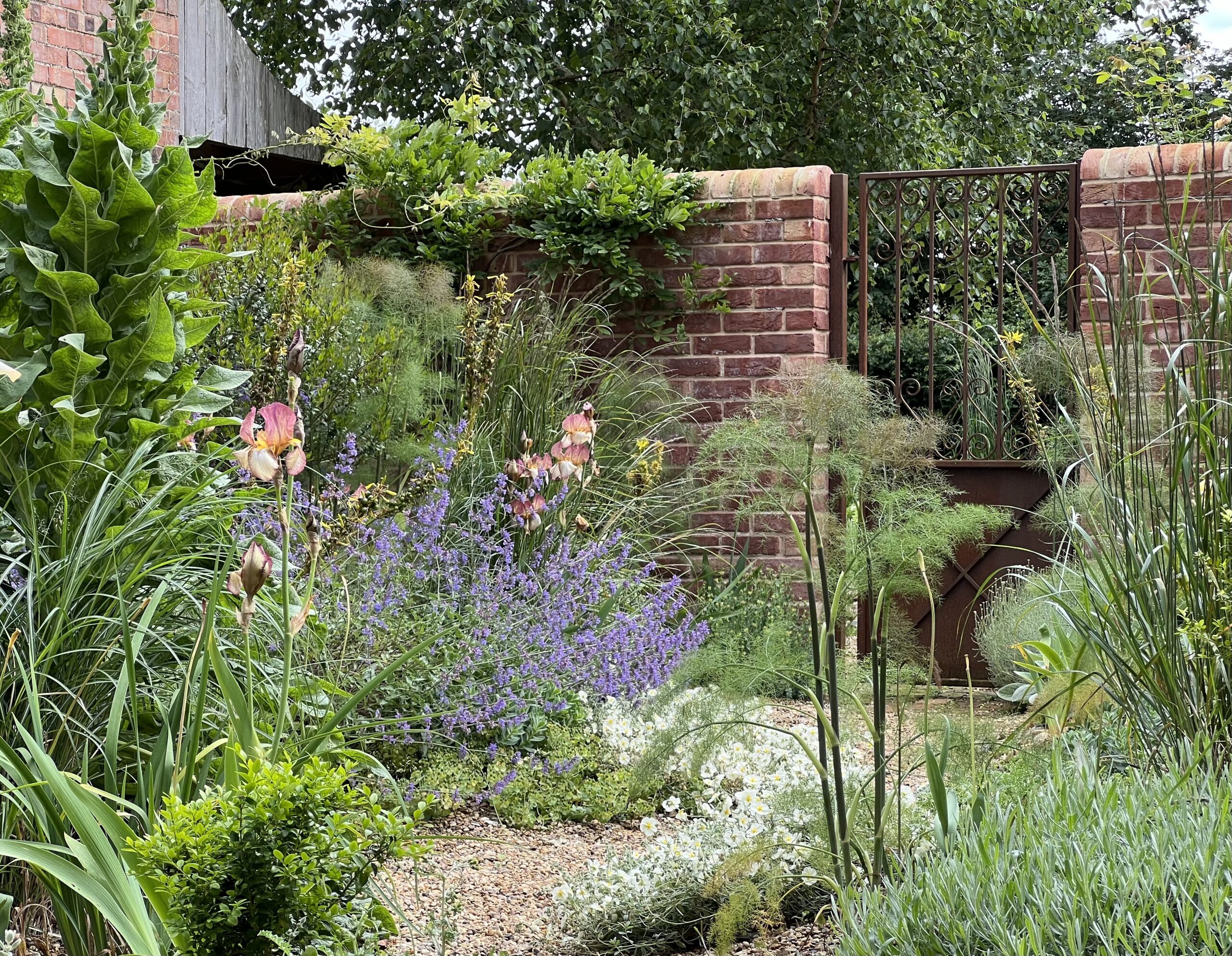An Introduction: How Mediterranean, Low Maintenance Gardens Work
Published
6 November 2024
Updated
24 April 2025
Posted By
Barnaby Baker
Estimated Reading Time
3 minutes
Mediterranean gardens are increasingly popular to the UK, in our changing climate, and in looking to create more sustainable ways to design and manage gardens. Using plants native to the Mediterranean climate, which has mild wet winters, and dry hot summers, are looking to be more suitable to our changing weather pattens, and the low maintenance nature of these plants – needing very little watering and no need for composts or fertilisers, lessens the ecological impact of creating and looking after gardens.
Mediterranean plants are suited to the dry, stoney soils of the garrigue landscape, where the roots have to grow deep to find water. The plants adaptations to this landscape allow us to create gardens using sands, recycled aggregates or local crushed stone as the growing medium, where soil or compost would normally be used. Their deep rooting nature reduces their need for watering or irrigation – these species will only need watering in their first growing season, whilst their roots take hold, but then in following years they will need none. This encourages the deep tap roots to go searching for their own water source, which helps the plants to cope with long periods of hot drought.
These gardens also require very little weeding when built using methods imitating the Mediterranean landscape. The aggregates or sands used as the growing medium, which holds very little or no nutrients, is perfect conditions for the plants we want to grow, but the majority of our UK weeds prefer high nutrient soils, so cannot cope. A second prevention to weeds is within the defences of the plants themselves – a number of the shrubby Mediterranean plants hold oils, which have developed within the plants to put animals off grazing them, but also which break down in the ground below – preventing other plants growing around them. These oils are the scents of these plants we love, such as rosemary, Santolina and lavender.
This is a landscape of low growing shrubby plants, with creeping ground covers. Where plants are often naturally mounded in form or have relatively compact forms – ideally suited to garden size spaces with very little pruning or clipping required – often just a yearly chop needed.
But these gardens aren’t just easy to grow, look after and sustainable, they look so pleasing too. With silvery tones, a whole range of mounding shapes and forms, textures and colours, these plants can be used to create naturalistic beautiful gardens and landscapes at a range of scales, in small gardens or large. Take a look through some of our Mediterranean gardens we’ve designed here in Norfolk and abroad.
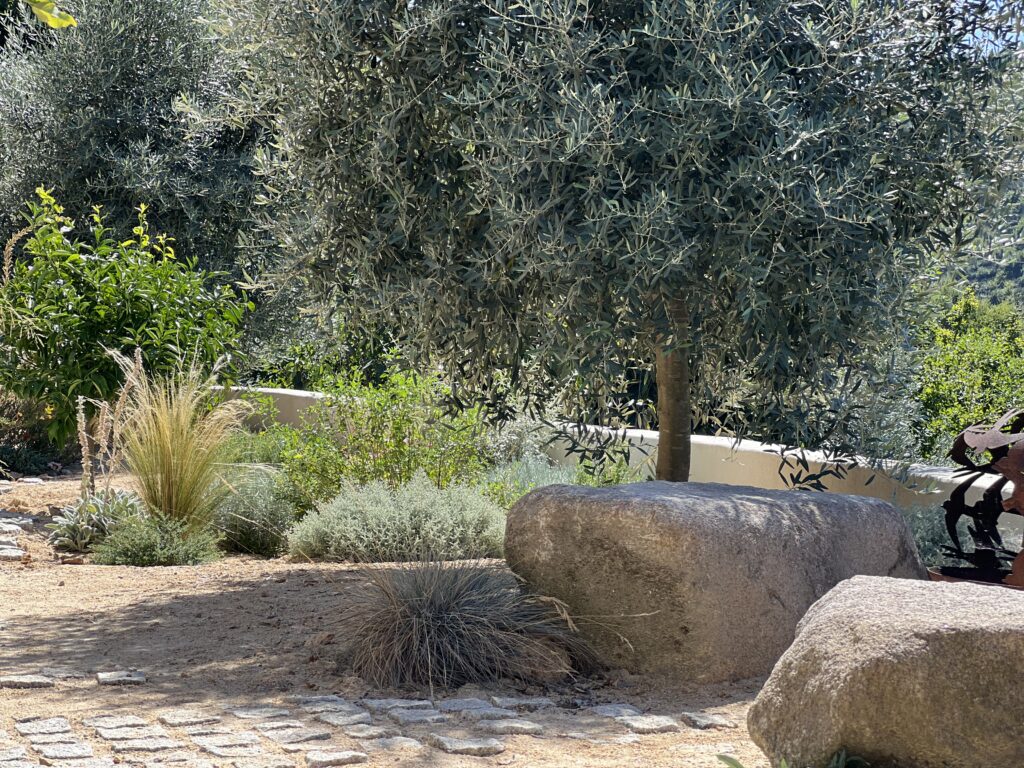
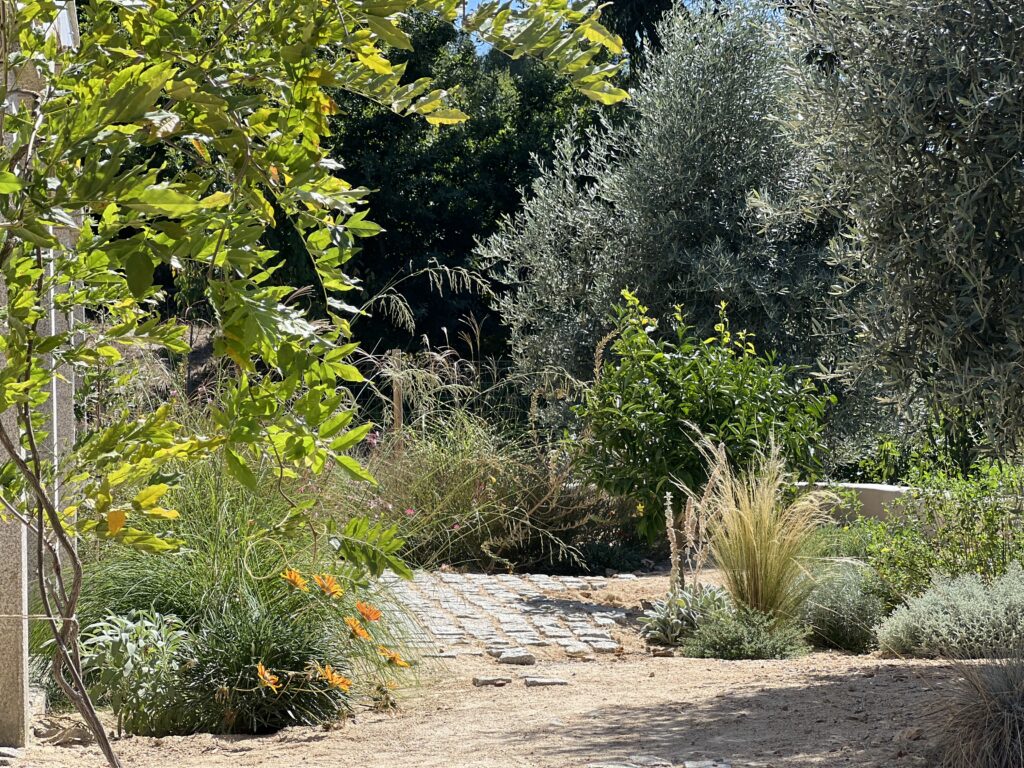
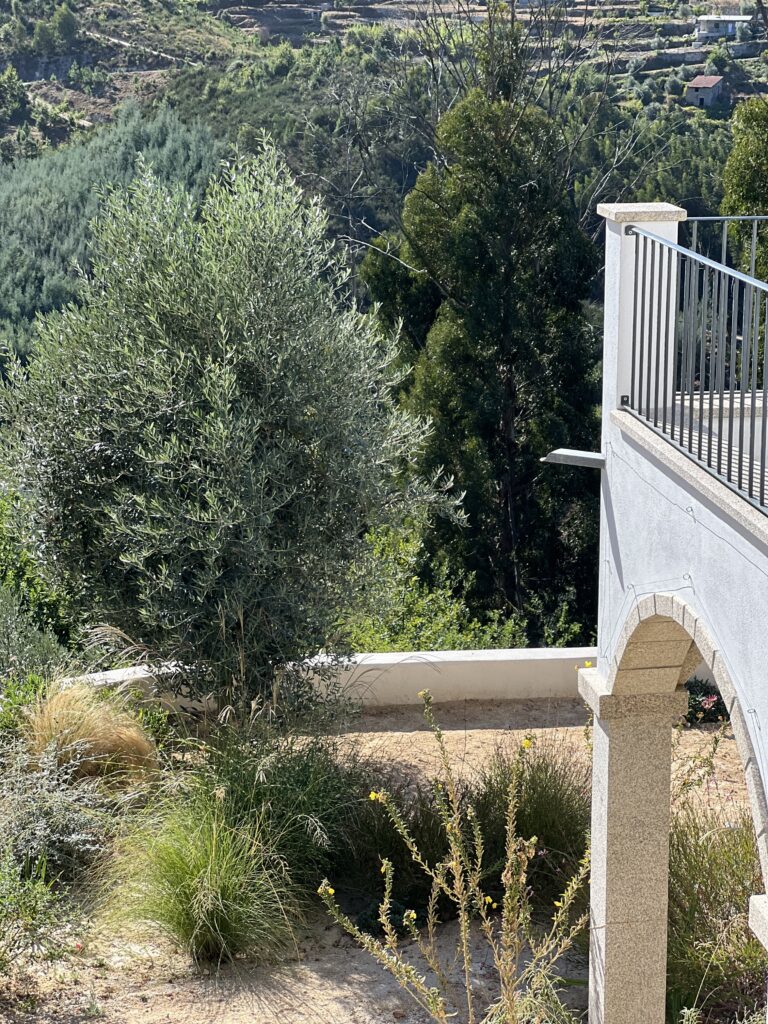
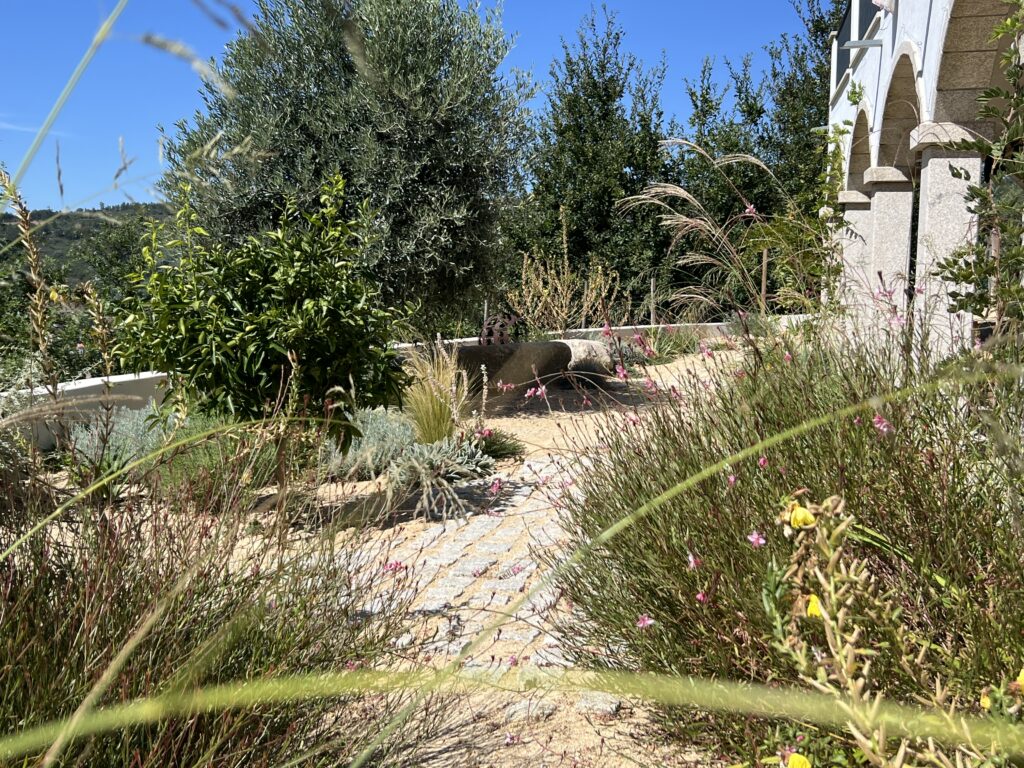
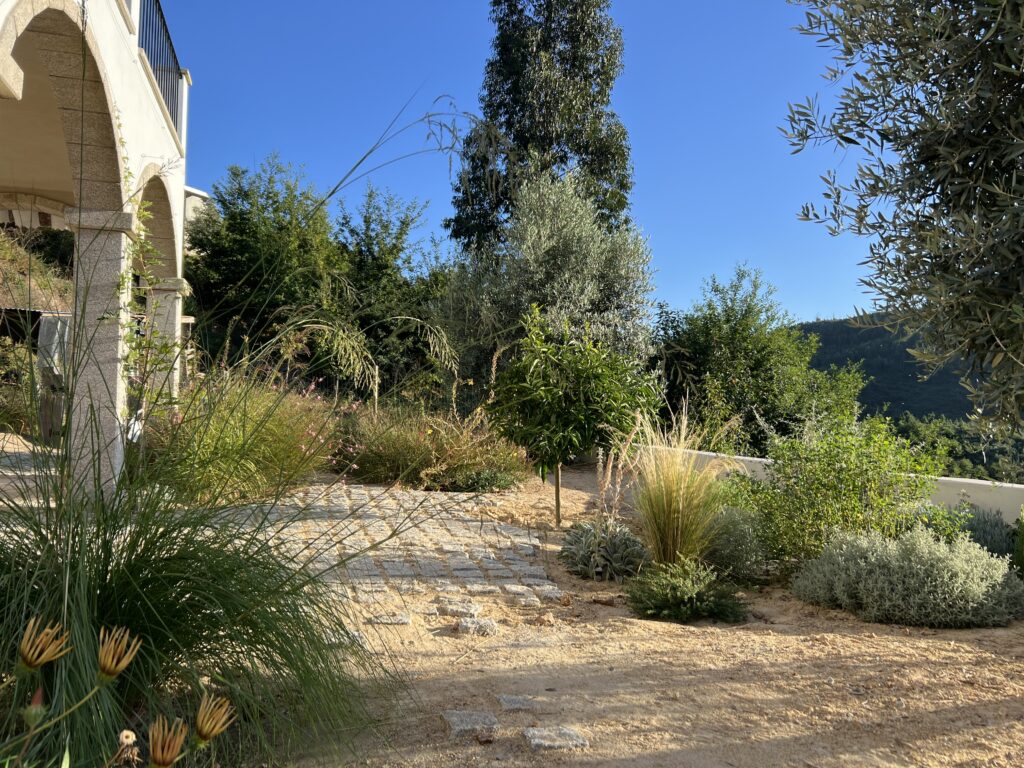
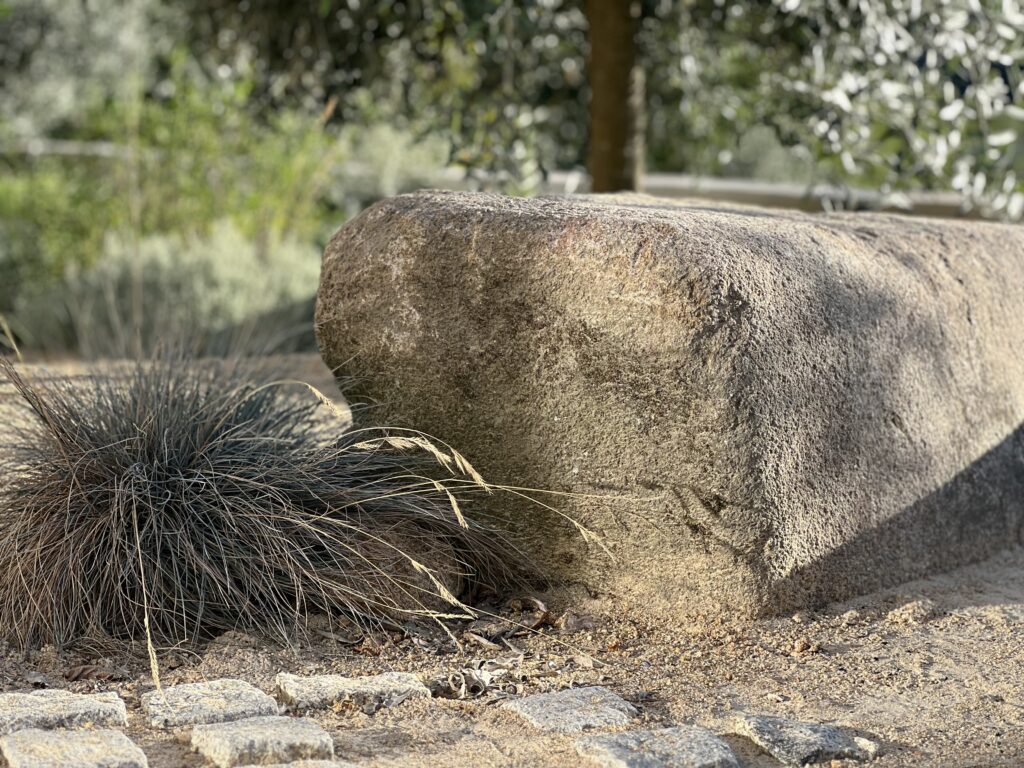
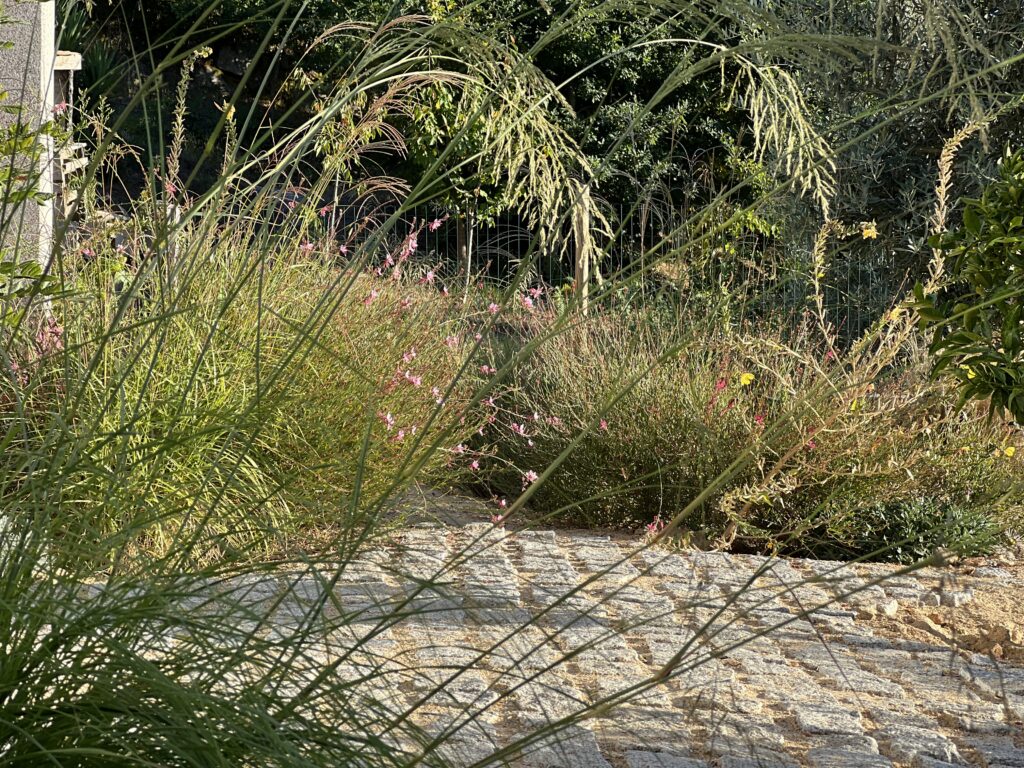
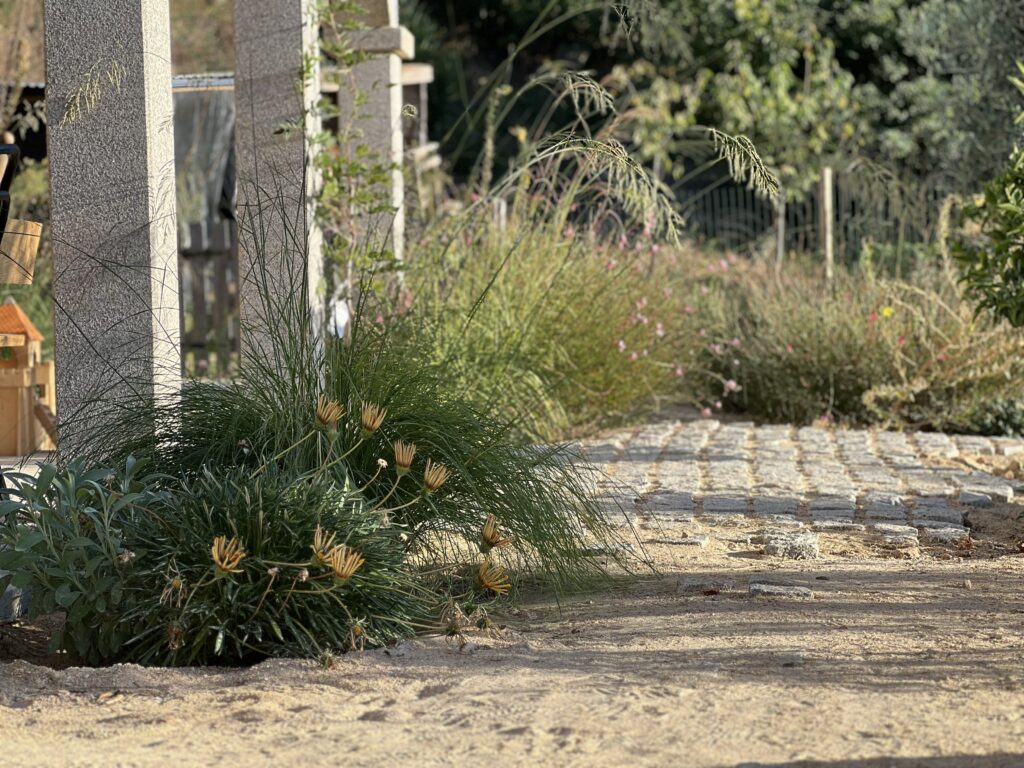
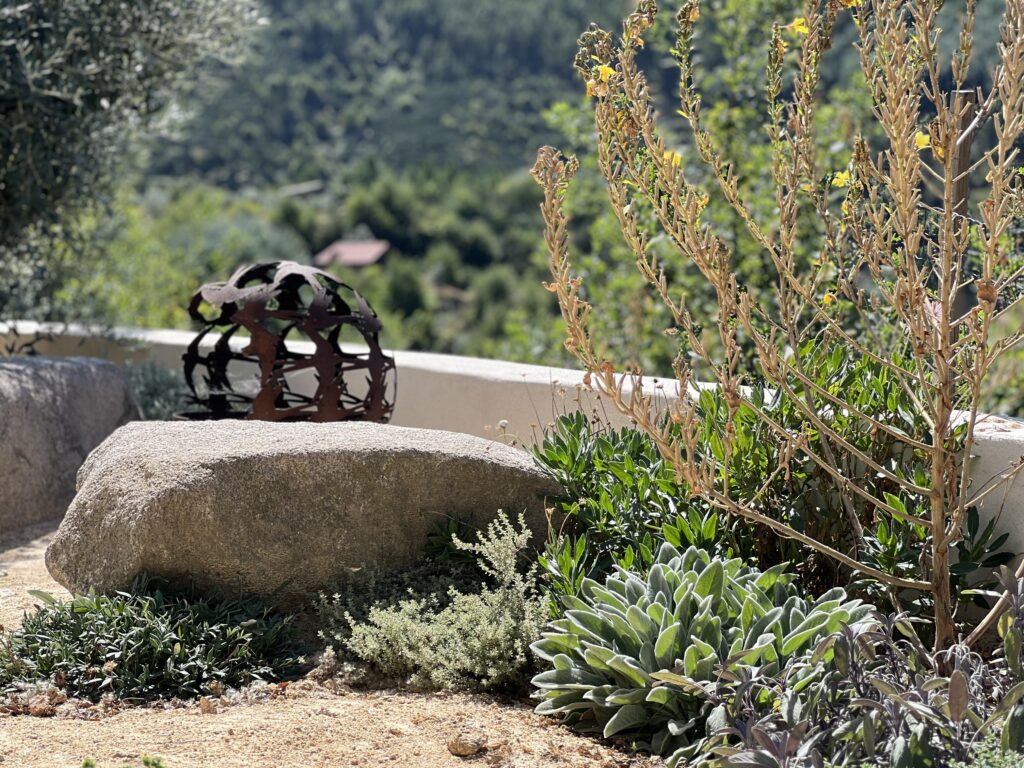
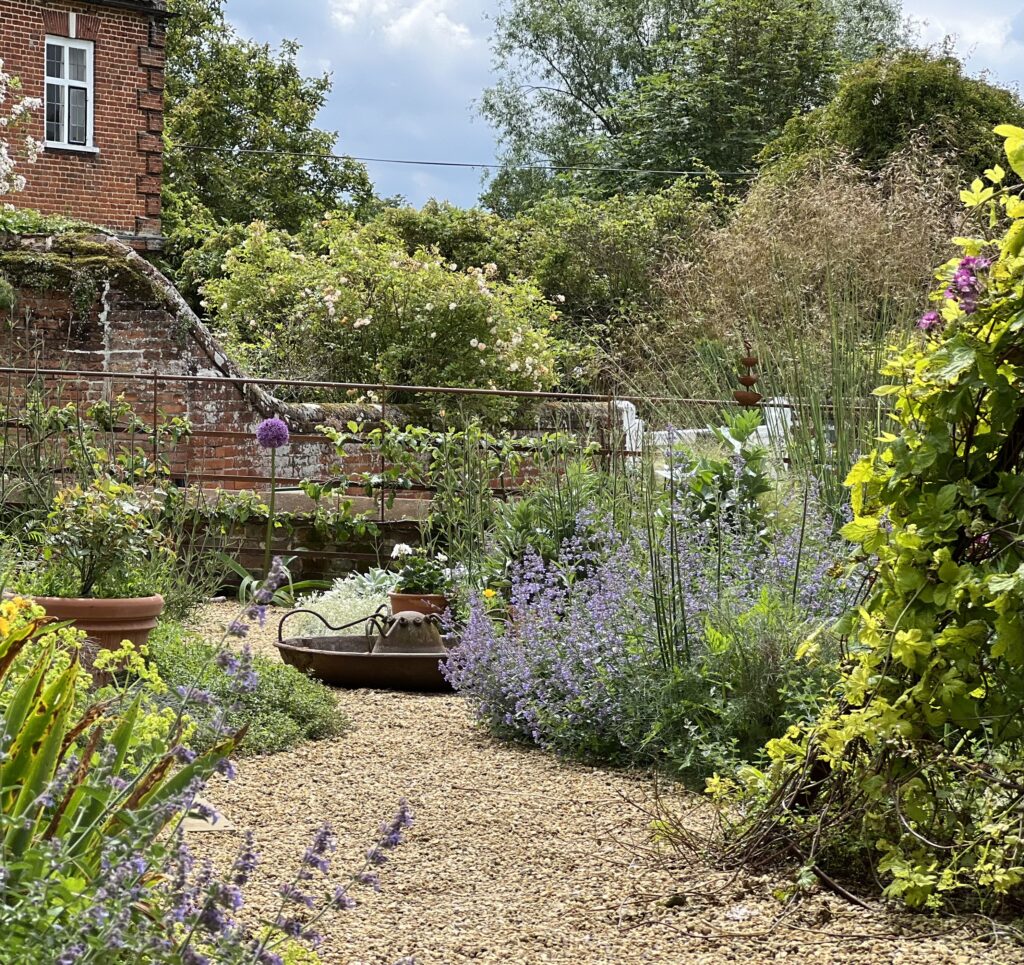
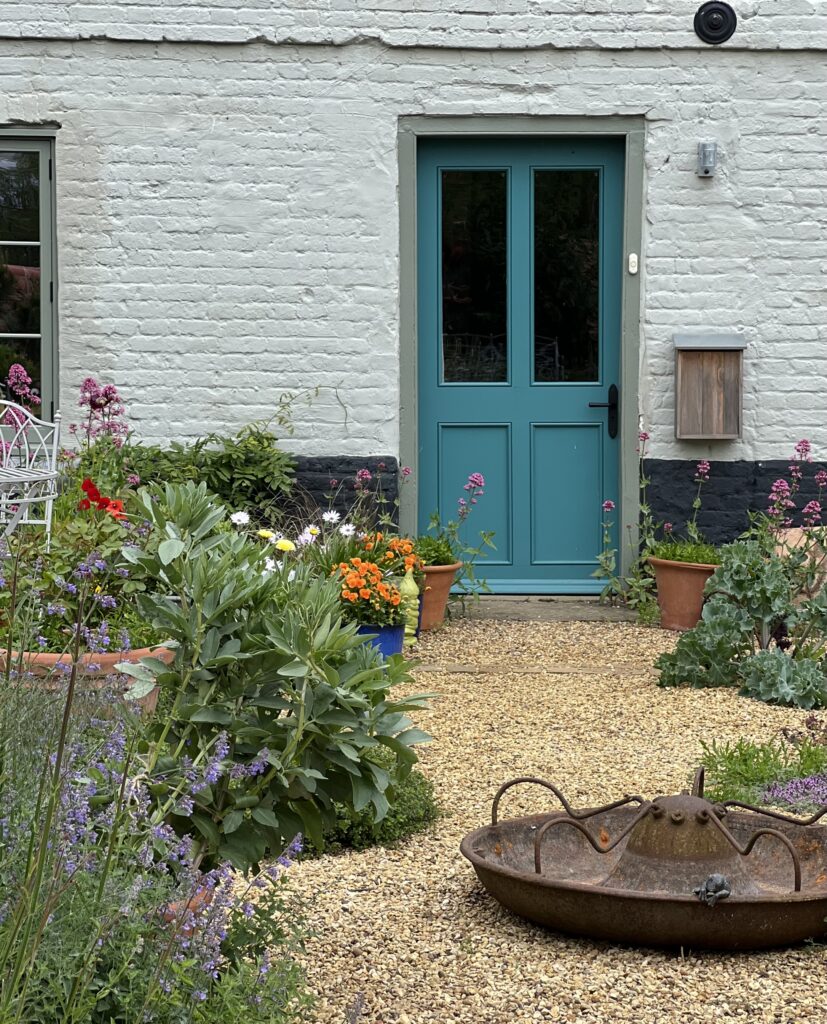
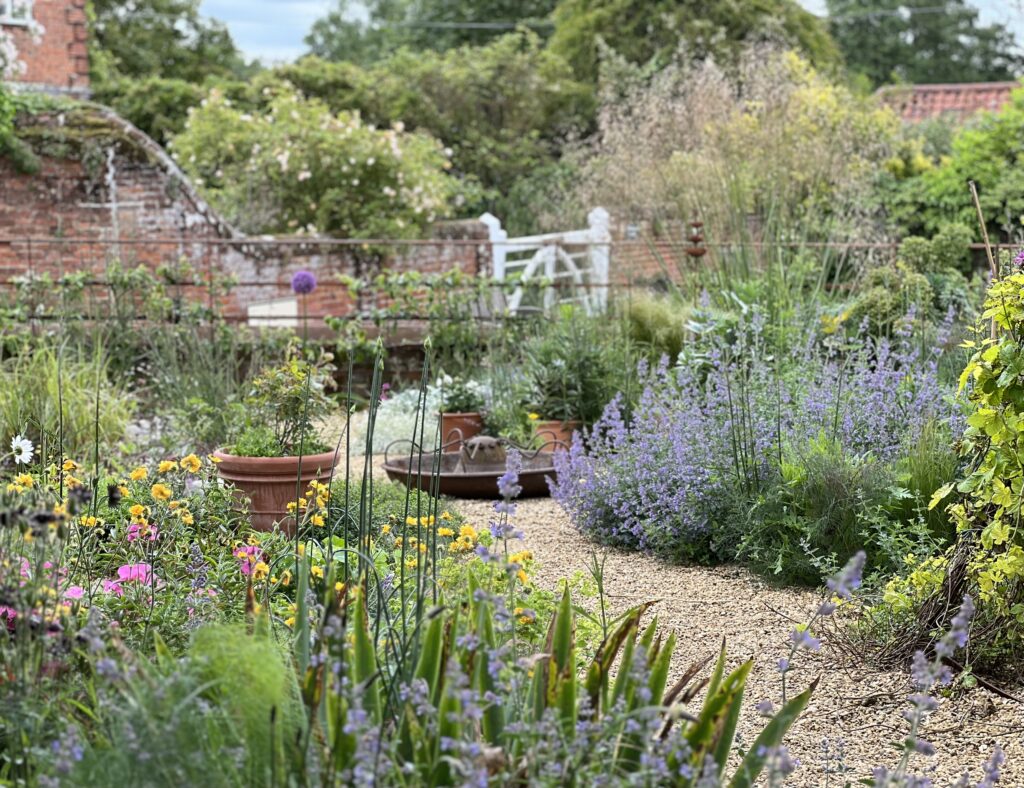
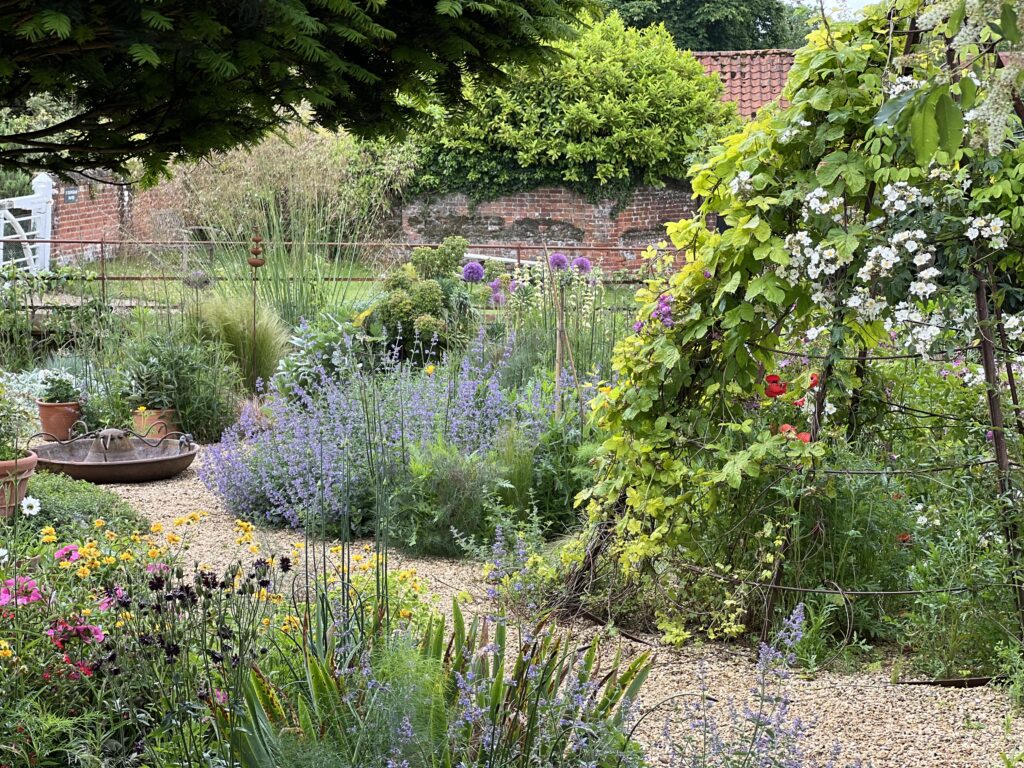
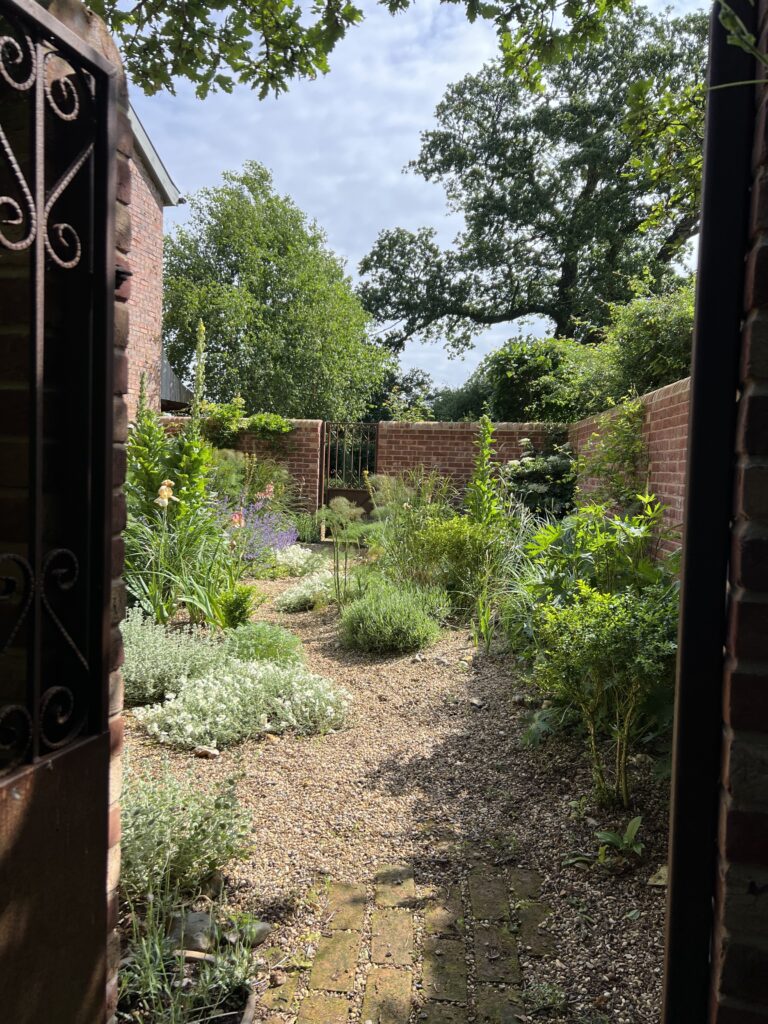
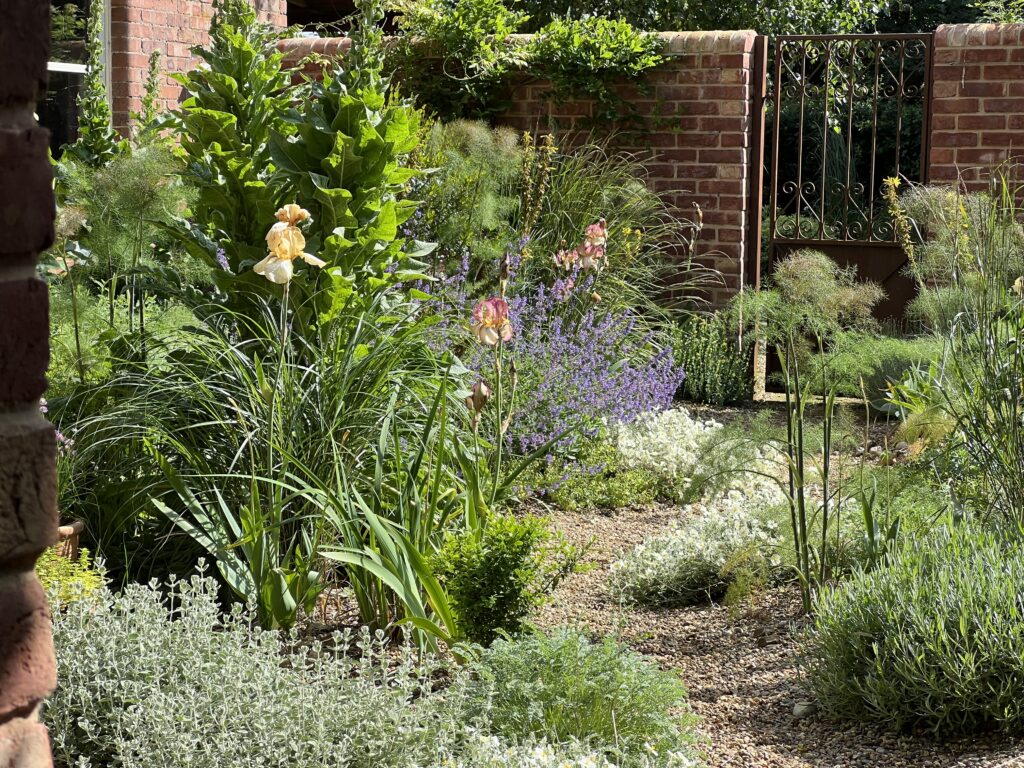
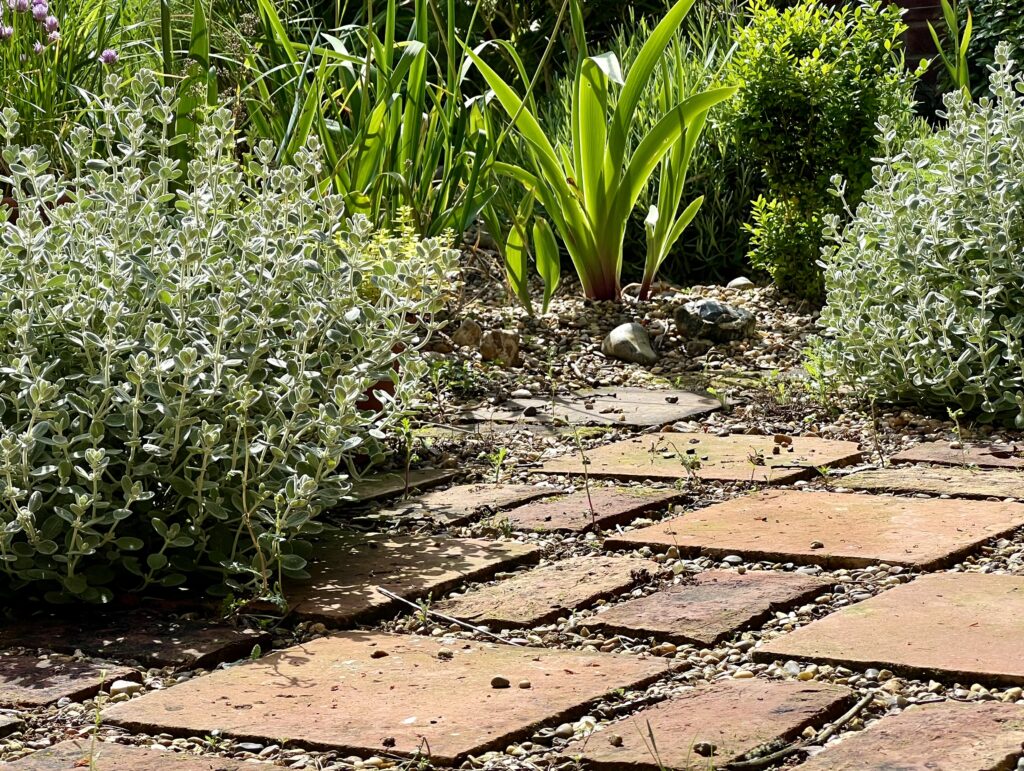
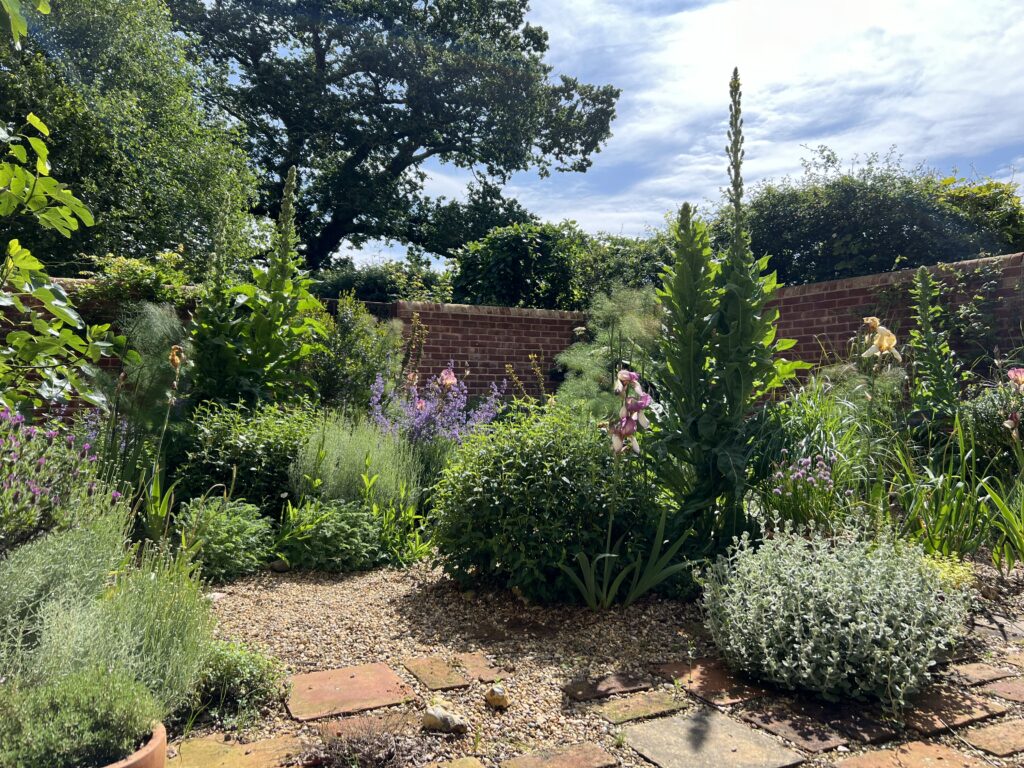
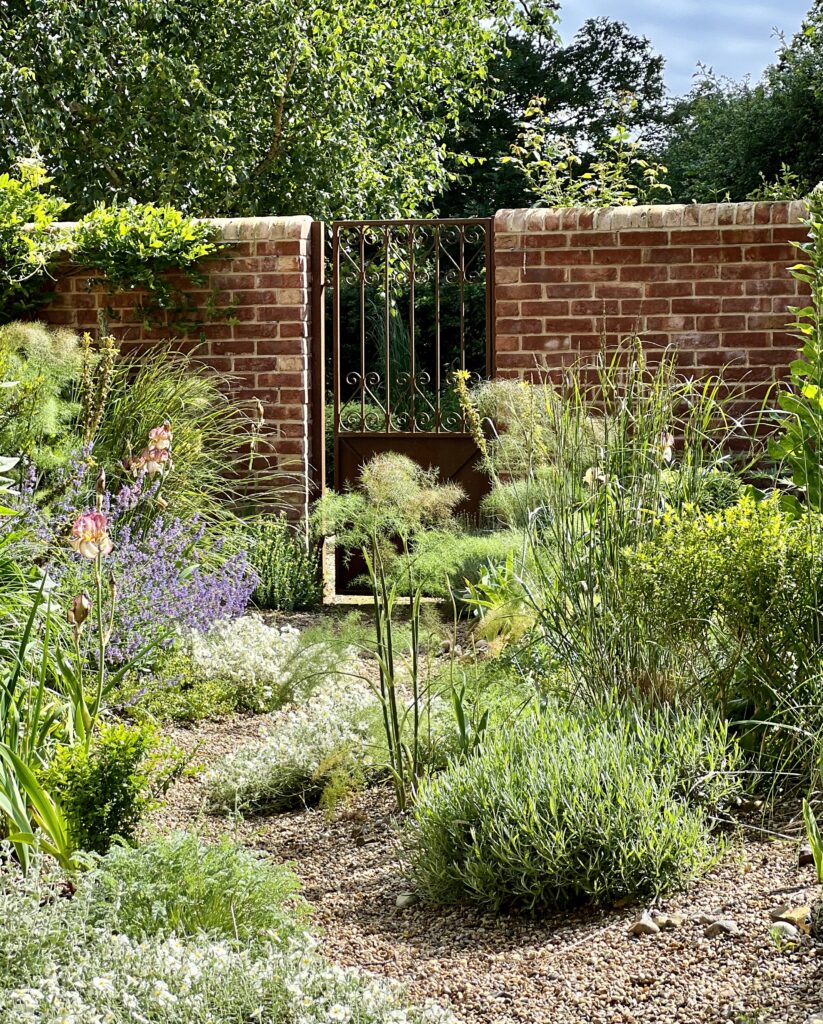
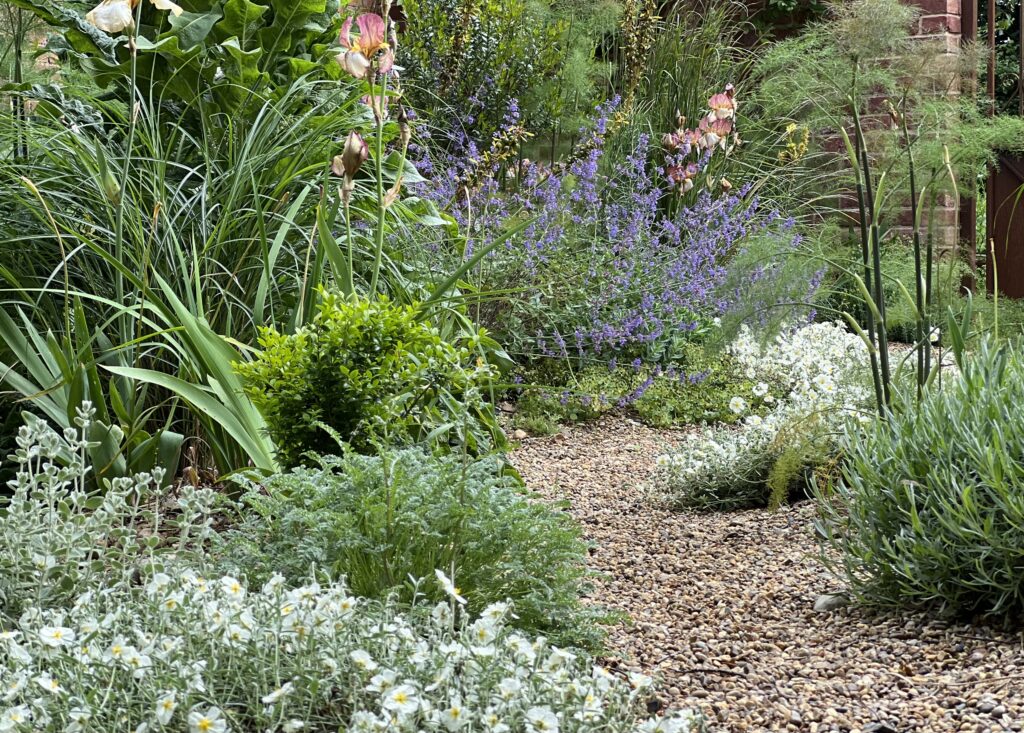
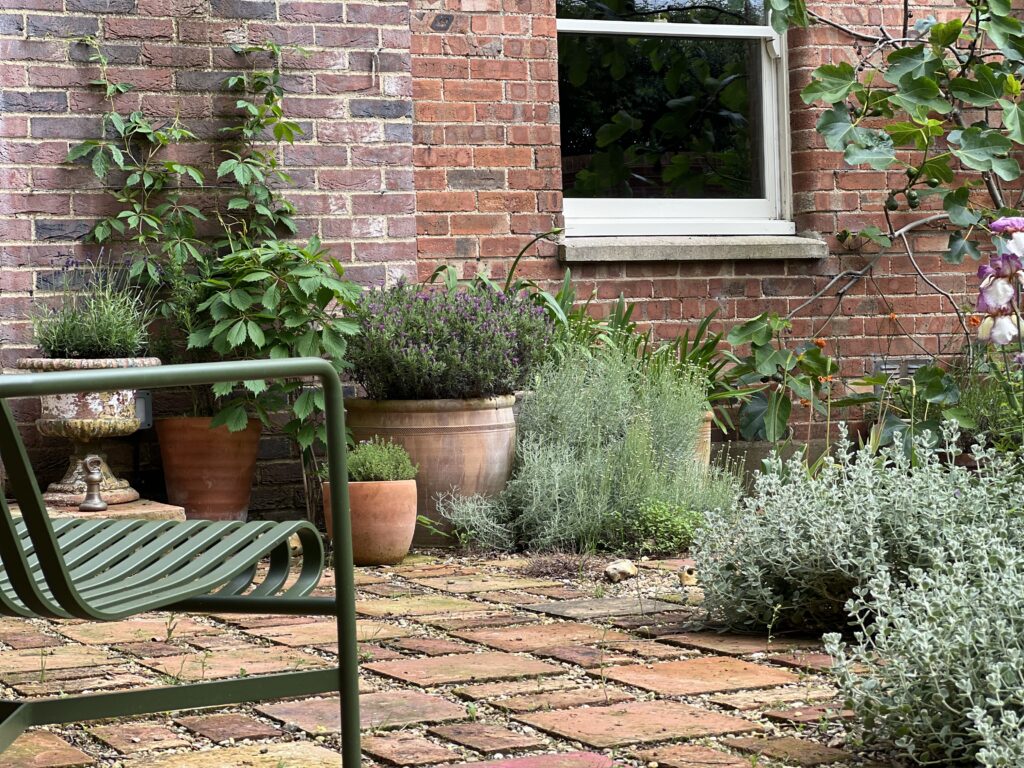
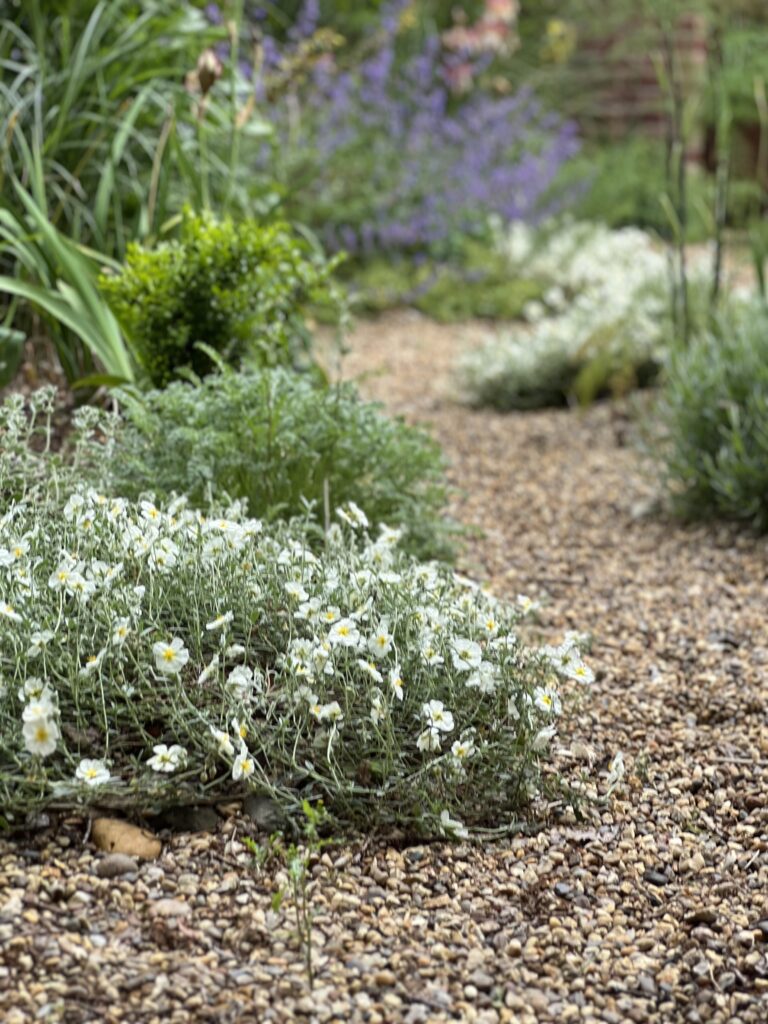
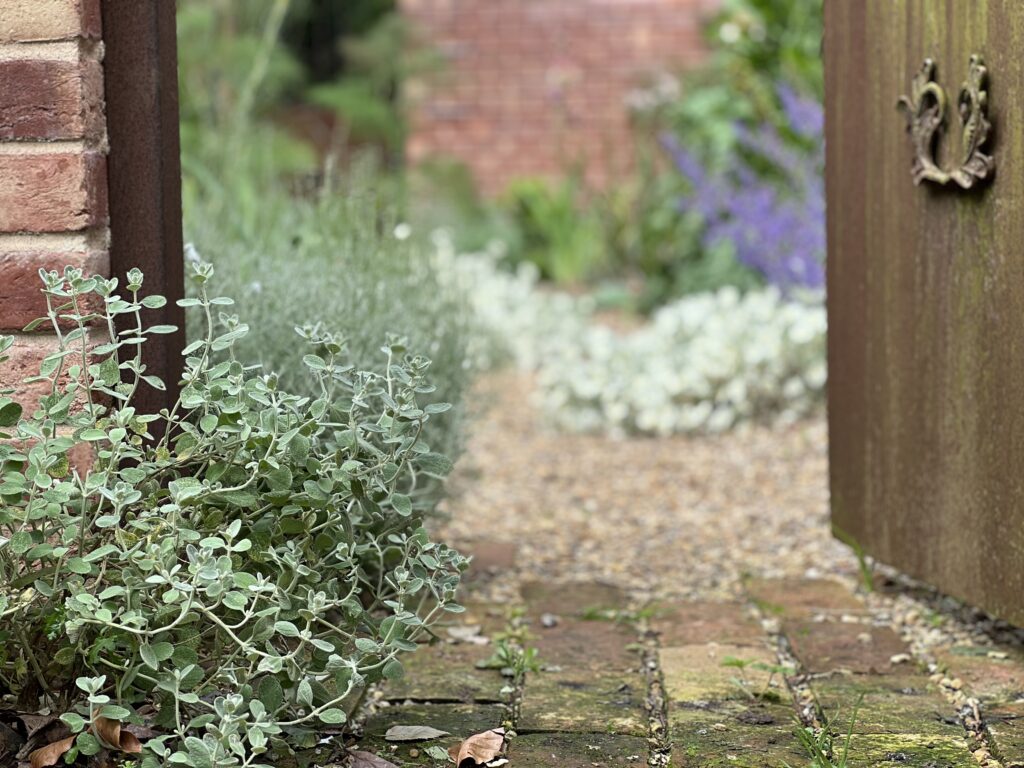
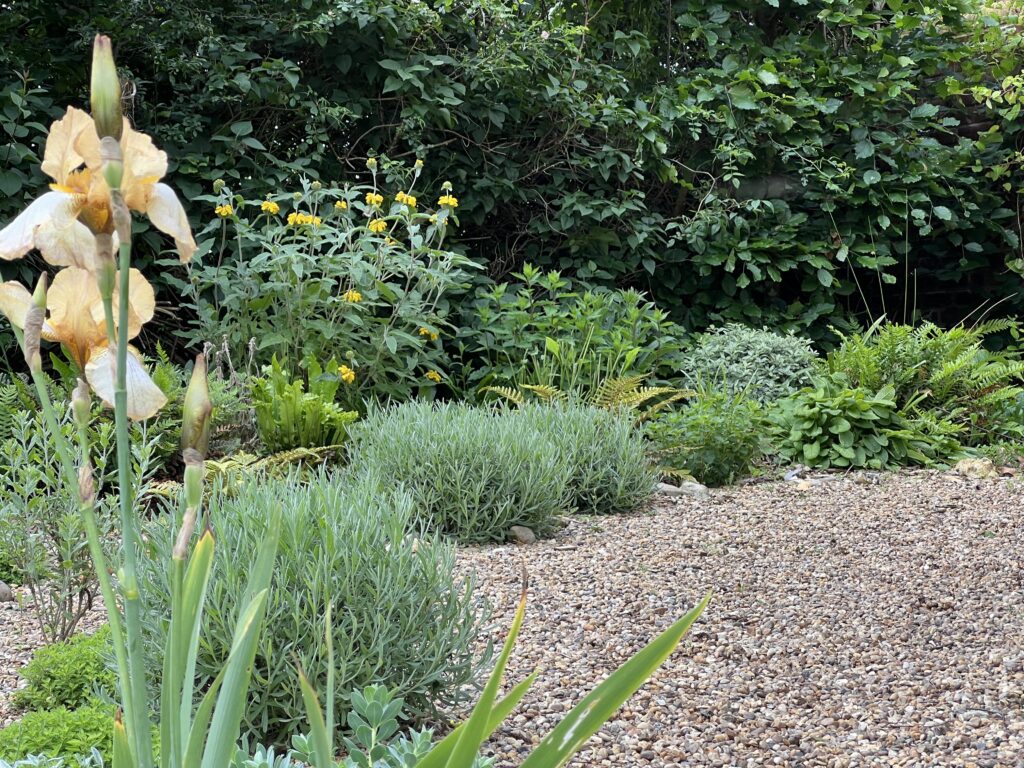
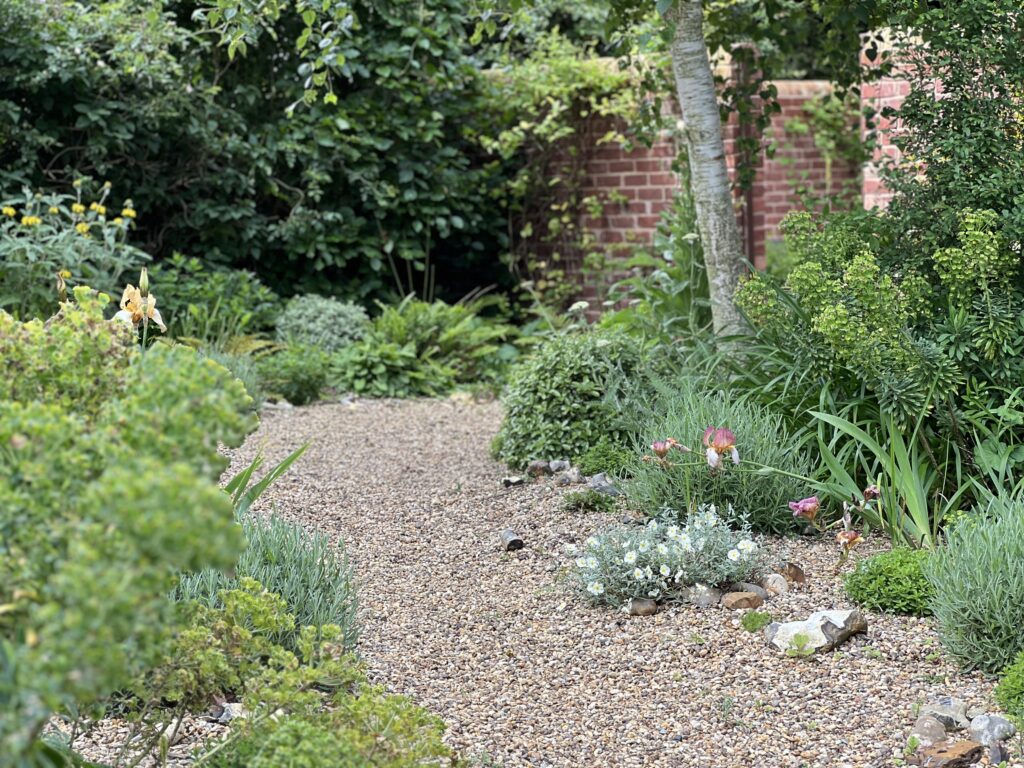
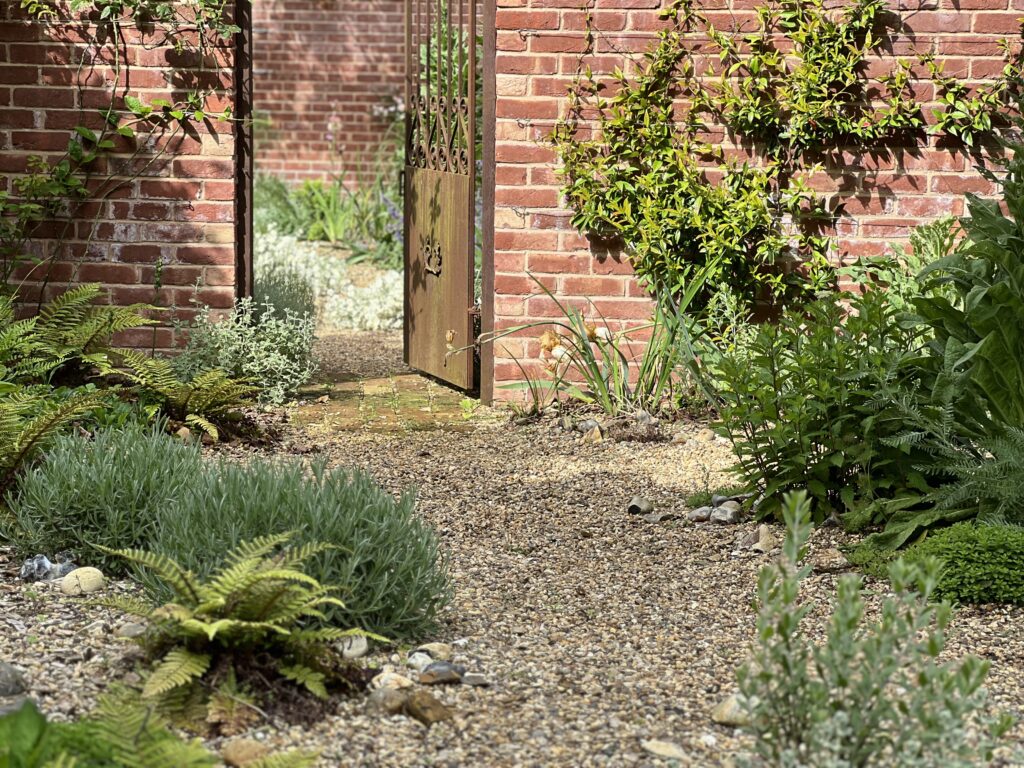
Posted By
Barnaby Baker
